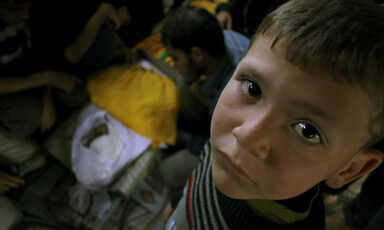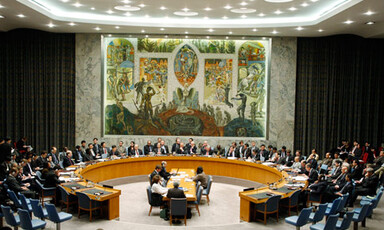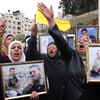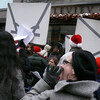
Championing global human rights: interview with Richard Falk
24 December 2008
Earlier this month, Israeli authorities deported Professor Richard Falk, United Nations Special Rapporteur for Human Rights in the Occupied Palestinian Territories, who had arrived in the country to conduct his duties to investigate rights abuses in the Israeli-occupied West Bank and Gaza Strip. The Electronic Intifada contributor Victor Kattan interviews Falk about the motivation behind his deportation. Read more about Championing global human rights: interview with Richard Falk








